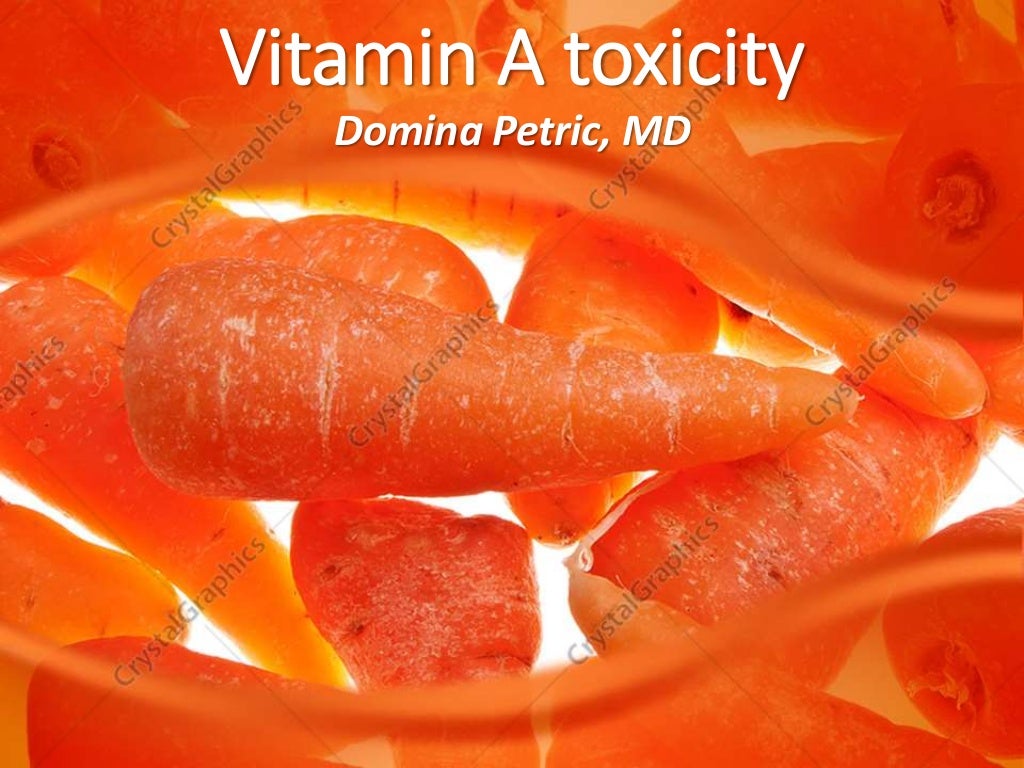


The use of antidotes was comparable for initial and long-term treatment. Vitamin K was given to 23 (1.2%) patients, one (0.05%) patient received protamin sulfate and seven (0.4%) patients received fresh frozen plasma. Of the patients with at least one major hemorrhage, 19 (41.3%) received an antidote. Some form of antidote was given to 26 (14.4%) patients with a hemorrhage. We investigated 1877 patients treated for venous thromboembolism included in three large clinical trials, of which 181 (9.6%) had a total of 225 adjudicated bleeding episodes 46 hemorrhages being designated as major. Interestingly, it is unknown how often the use of an antidote is necessary in clinical practice. Several new anticoagulants have been developed that are likely to have some risk of bleeding complications, for which no specific antidotes are available. Blood products, however, will be needed in dogs with severe haemorrhage and blood loss or hypovolaemia.When a bleeding complication occurs during therapy with heparin or vitamin K antagonists, there is an option to give a specific antidote. It appears that intravenous vitamin K1 may be sufficient to correct coagulopathy in some cases of anticoagulant rodenticide toxicosis in dogs.

The cases described above occurred in Australia using a different product and two of the four dogs had adverse events associated with the use of vitamin K1 products containing these excipients. This is not the case with the product licensed for veterinary use in the UK. It is worth noting that different intravenous vitamin K1 products are available and some contain excipients that are commonly associated with anaphylactoid reactions. None of the dogs required blood products and all recovered. Testing at 1 hour showed that the prothrombin time (PT) has normalised in all cases. A recent case series describes four dogs with anticoagulant rodenticide-induced coagulopathy managed with intravenous vitamin K1. There is however little information to support this delay. Many sources state that vitamin K1 takes time, sometimes hours, to work and so in an animal with bleeding rapid restoration of clotting factors requires a blood transfusion. It is given prophylactically and in the management of acute coagulopathy.

It works by restoring vitamin K body stores and allowing synthesis of clotting factors required for the clotting cascade. Vitamin K1 is the antidote to anticoagulant rodenticide toxicosis.


 0 kommentar(er)
0 kommentar(er)
